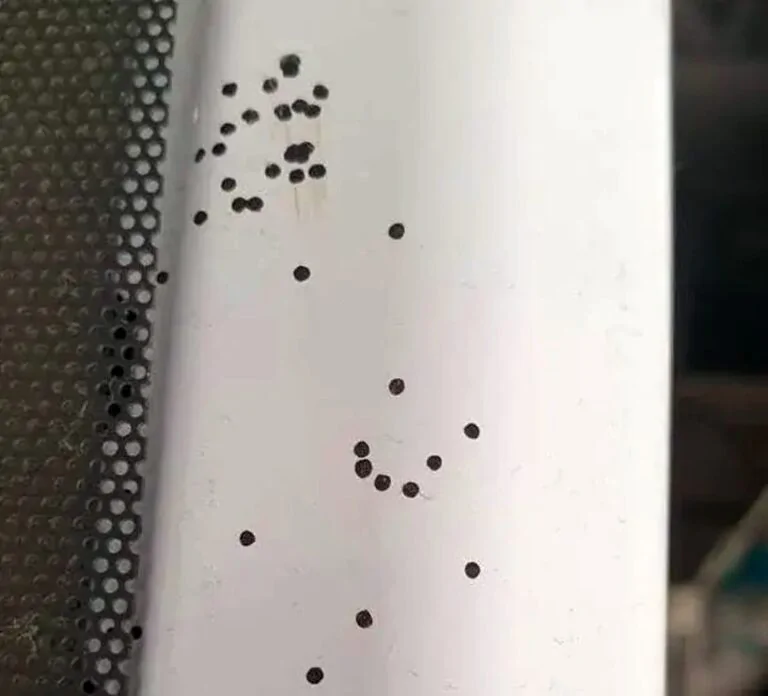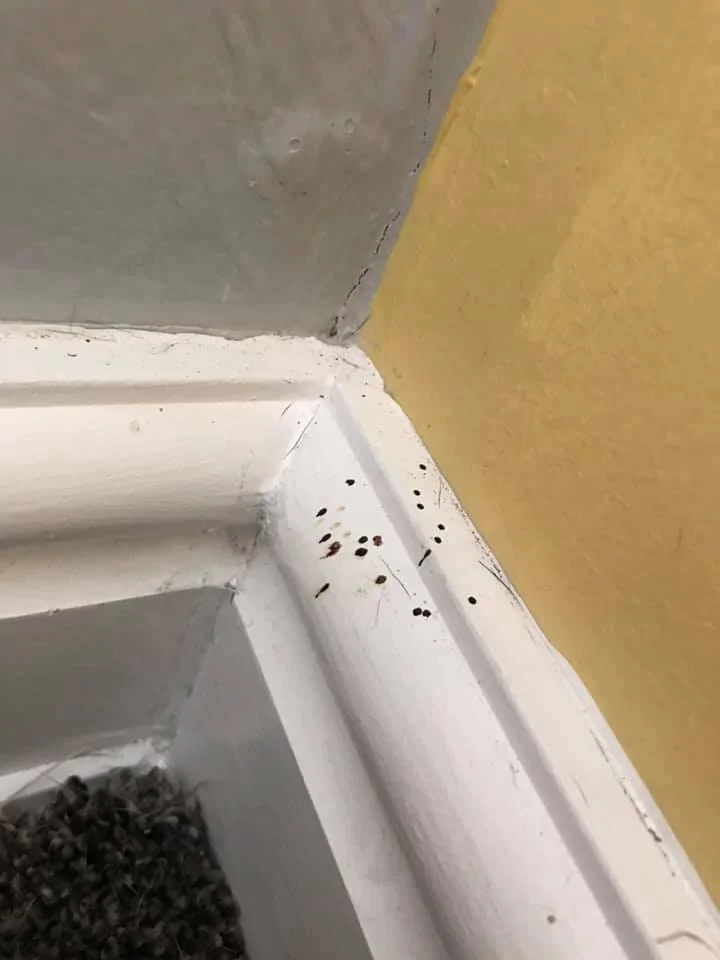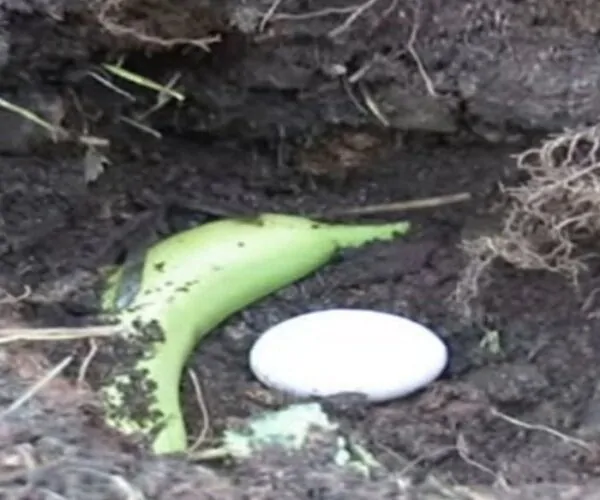Unusual black specks on her kitchen tiles and the top of her pc. caught the woman off guard.
She enquired online if anyone had any ideas about what it might be. Even though she knew it couldn’t be spider poop, she wanted to make sure she had all the information before making a judgment.
The mysterious particles, she noticed, had only just appeared this morning after she woke up and had not been there before.

Spiders continue to pose a threat to public health, but many people are terrified of them. Spiders eject a liquid fluid that resembles the ink stains frequently seen on walls and other surfaces, as opposed to leaving solid feces.
In this fluid the spider’s body has produced, there are undigested food particles and other substances. Despite their initial appearance, these droplets are not harmful to people or animals.
Because they control insect populations and help maintain the environment’s balance, spiders are also essential to the environment.
Skilled pest management specialists (PMPs) may experience an irrational fear that the spider will attack any adult or child nearby without warning while inspecting a container with a potentially dangerous spider, such as a black widow.
The idea that the next bite will be extremely painful and fatal only serves to reinforce this notion.
Despite these misconceptions, PMPs understand that the health risks posed by insects like mice and flies, which can contaminate the food supply, far outweigh the risks posed by spiders.
Even so, some entomologists are dubious about the potential health benefits of spider droppings.
The health of a person could be endangered by spider droppings. Infections like Staphylococcus spp. can be spread by filth flies. Streptococcus spp. , Enterococci spp. , Salmonella species. , and E. coli through their feces, all of which can cause a variety of illnesses in people.
It is essential to take into account whether any diseases or physical objects may be present when determining whether spider droppings are safe.
Due to their propensity to urinate on a variety of surfaces, such as pillows, toys, furniture, and towels, spiders indoors are also a source of concern.

Tables used for preparing food may become contaminated with spider droppings if they are not properly disinfected after use. Any of these items have the potential to expose a person to dangerous bacteria or other microbes if they come into contact with their mouth or skin.
Therefore, in order to avoid contamination and reduce the risk of coming into contact with harmful microorganisms, it is imperative that all areas where spiders reside are regularly cleaned.
Melissa Gaver-Wainwright is a Ph. D. entomology student at Washington State University wanted to look into the unrecognized effects of spiders eating dirt flies.
She was especially curious about whether the spider and land could spread pathogenic bacteria on its subsurface surfaces.
She did her research on this subject to find out if there is a risk to public health from having spiders indoors.
Her research suggests that spider droppings might not be as benign as commonly thought.
A thorough analysis of the black widow spider (Latrodectus Hesperus) waste material was performed after taking a fecal sample from a sterile container and growing it in a growth medium to increase the bacterial count.
They use common bacterial primers to amplify conserved regions of the 16S rRNA gene in order to pinpoint the microbes connected to feces. Amazingly, there were no pathogens discovered.
Research indicating that some spider venom and blood contain antimicrobial properties capable of eradicating a variety of bacteria, including E, may help to explain this discovery. coli and Staphylococcus species. , Enterococcus species. Pseudomonas species, etc. plus others.
These species are more vulnerable to the venom or blood of spiders because of the broad-spectrum antibacterial peptides they possess.
Getting rid of dirt flies might be more crucial for health protection than getting rid of spiders. When residing indoors, spider droppings are deemed to be undesirable.
However, there are still a lot of unanswered questions regarding spiders that build webs, such as whether or not other species have feces free of bacteria or whether or not various molecular techniques yield different outcomes.
To fully understand this subject, more study is necessary.

